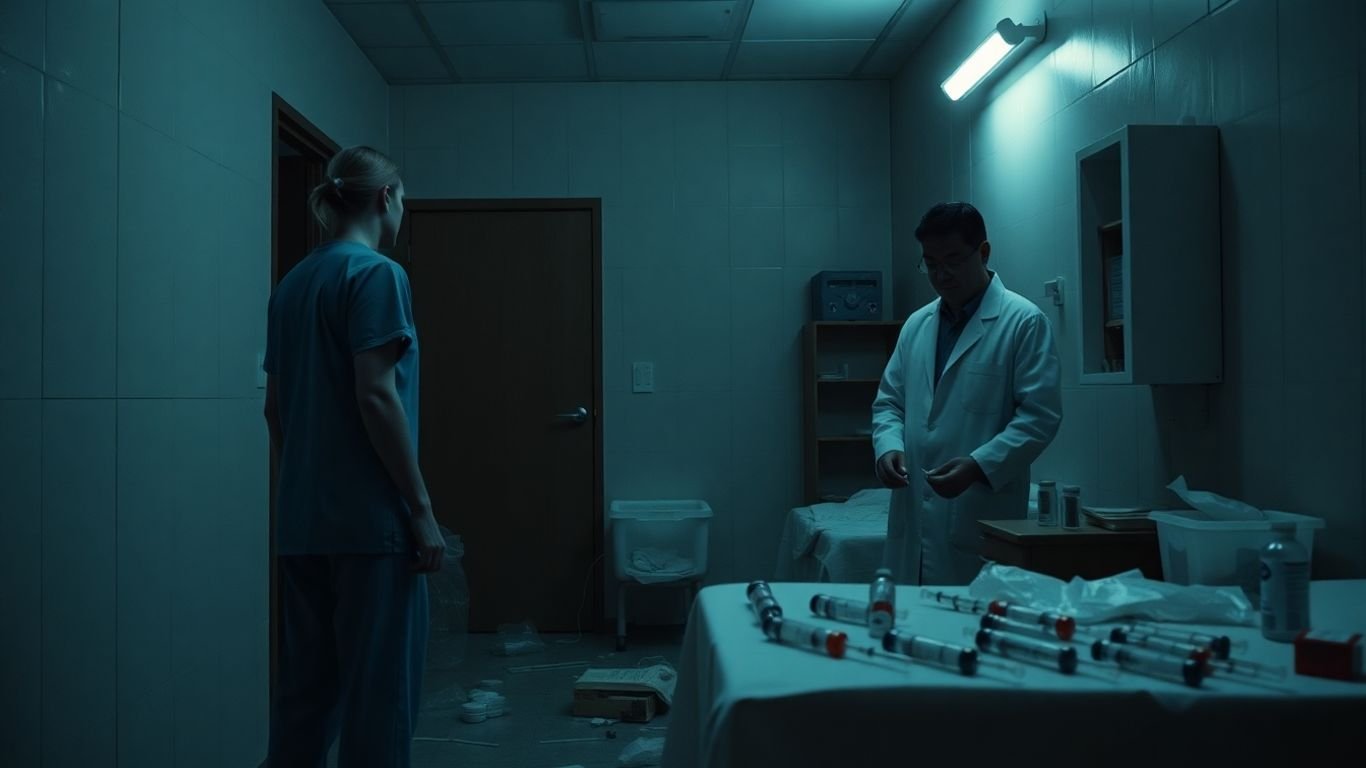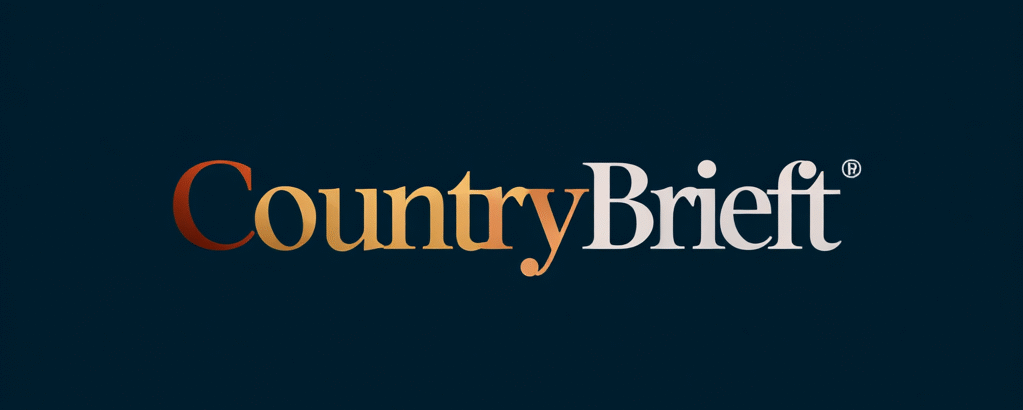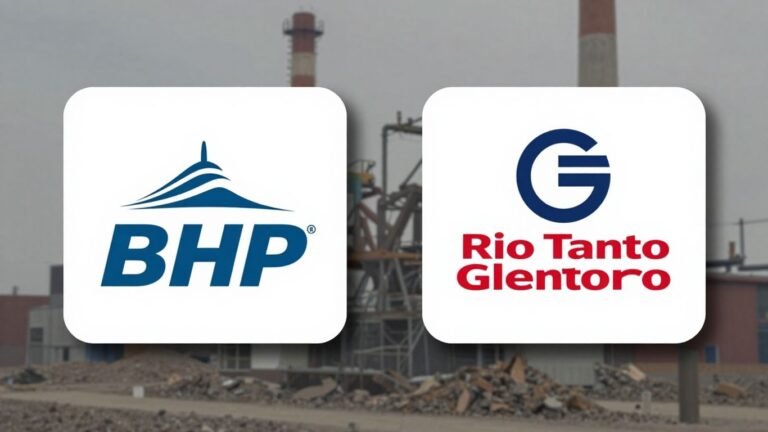Undercover Investigation Exposes Illegal Botox Ring: Nurse, Pharmacist, and Fake Doctor Caught Supplying Illicit Treatments

An undercover BBC investigation has uncovered a dangerous operation involving the illegal supply of Botox. A team posing as customers managed to obtain the cosmetic treatment from a nurse, a pharmacist, and an individual posing as a doctor, all without proper medical checks. The findings highlight significant risks to public safety within the unregulated cosmetic industry.
Key Takeaways
- An undercover operation revealed the illegal distribution of Botox.
- A nurse, a pharmacist, and a fake doctor were implicated.
- Crucial safety checks were bypassed.
The Deceptive Operation
The BBC’s undercover team successfully acquired Botox injections by posing as individuals seeking cosmetic treatments. The investigation revealed that the nurse and pharmacist, along with a man falsely presenting himself as a doctor, were willing to supply the powerful neurotoxin without conducting essential patient consultations or health assessments. This bypass of standard medical protocols raises serious concerns about the potential for adverse reactions and harm to unsuspecting clients.
Risks and Regulatory Concerns
Botox, while a popular cosmetic treatment, is a prescription-only medicine that requires administration by a qualified healthcare professional. The lack of proper screening can lead to serious complications, including allergic reactions, nerve damage, and even more severe health issues, especially for individuals with pre-existing medical conditions or those taking certain medications. The investigation underscores the urgent need for stricter regulation and enforcement within the cosmetic treatment sector to protect consumers from such illicit practices.
Broader Implications for Cosmetic Treatments
This exposé shines a light on the potential dangers lurking in the less regulated corners of the cosmetic industry. The ease with which the undercover team could obtain prescription-only treatments without scrutiny suggests that many others may be at risk. Health authorities are expected to review these findings and consider measures to enhance oversight and ensure that all practitioners adhere to stringent safety standards, safeguarding public health against unqualified individuals and illegal supply chains.






![[Declan Rice] in Arsenal kit, running on a football pitch.](https://countrybrief.com/wp-content/uploads/2025/10/thumbnail-42-768x432.jpeg)